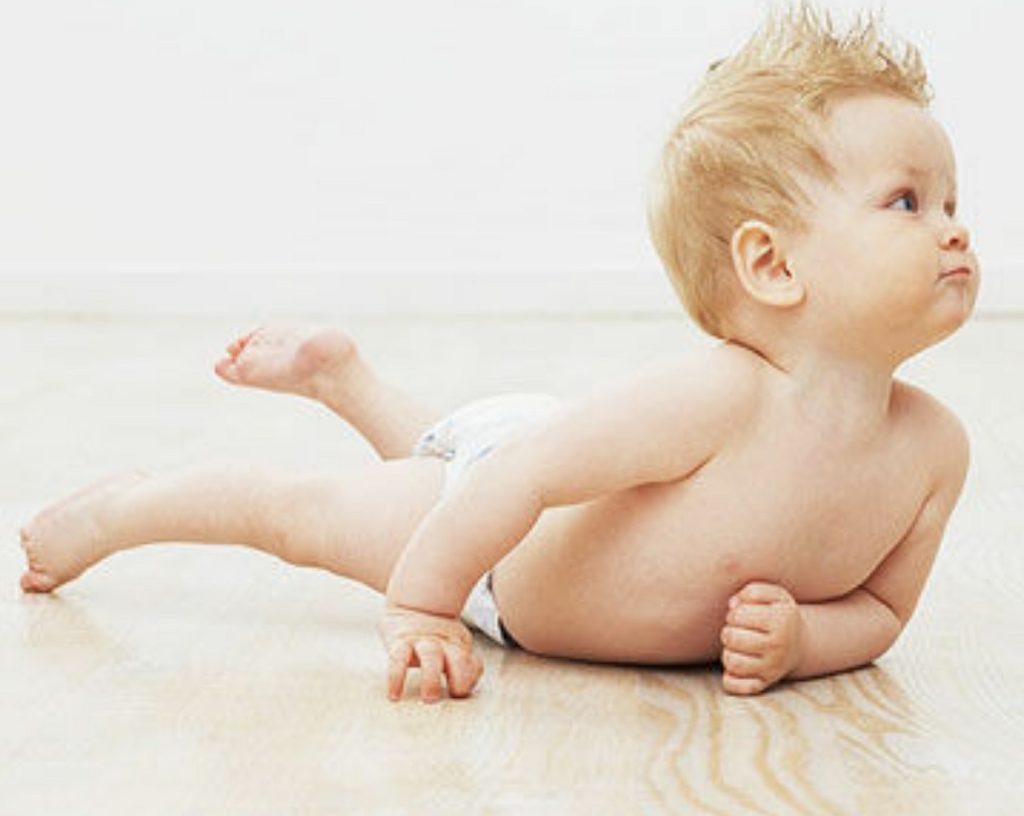Have you ever wondered why your baby arches their back when startled, why your child struggles with concentration, or why you might tense up in certain situations for no clear reason? What if the answer lies in something often overlooked—primitive reflexes?

As a chiropractor with a passion for working with families and individuals of all ages, one of the most fascinating and foundational areas I work with is primitive reflex integration. Whether you’re a new parent noticing some delays in your baby’s development, or an adult experiencing unexplained tension, coordination challenges or emotional overwhelm, this might just be the missing piece you’ve been searching for.
What Are Primitive Reflexes?
Primitive reflexes are automatic, instinctual movements present in babies from birth. They’re hardwired into the nervous system and are essential for survival and early development. For example, the Moro reflex (or startle reflex) helps newborns respond to sudden changes, while the rooting and sucking reflexes assist in feeding.
These reflexes are designed to be temporary—they act like scaffolding for the brain, supporting growth and development until higher brain functions take over. Ideally, they should be integrated (or fade away) as your child matures—usually within the first year of life.
What Happens When
Primitive Reflexes Are Retained?
Sometimes, due to stress during pregnancy or birth, trauma, neurological stress, or developmental delays, primitive reflexes aren’t properly integrated. When that happens, they can remain “active” in the background—causing subtle but significant disruptions in the nervous system, learning, posture, behaviour, and even emotions.
This is what we call retained primitive reflexes. And here’s the thing: they’re not just limited to babies or toddlers. Children, teens, and even adults can carry these early reflexes well into later life—without ever knowing it!
Signs in Babies

Difficulty with tummy time
Poor head control or delayed milestones
Startles easily or seems hypersensitive to light and sound
Trouble breastfeeding or latching
Always looking in one direction (may show signs of torticollis or flat spots)
Signs in Children
Struggles with reading, writing, or concentration
Appears clumsy or has poor coordination
Sensitive to tags, textures, or noise (sensory processing issues)
Emotional outbursts, anxiety, or poor impulse control
Difficulty sitting still, or poor posture at the desk
Bedwetting beyond the typical age
Difficulty with balance or sports

Signs in Adults

Chronic neck or shoulder tension
Difficulty relaxing or feeling “on edge”
Motion sickness or dizziness
Anxiety or hypervigilance
Poor coordination or balance
Overreactions to stress or being easily startled
Fatigue or brain fog
So, What Can Be Done?
The good news is that retained reflexes can be assessed and gently integrated through targeted chiropractic care, movement therapy, and specific brain-body exercises. In our practice, we use gentle neurological checks, postural assessments, and reflex testing to understand what’s going on beneath the surface—often revealing powerful insights into your child’s behaviour, development, or your own stress patterns.
Our approach is gentle, holistic, and empowering—aimed at supporting natural development and helping you or your child feel more connected, calm, and in control.
Could This Be the Missing Link?
If your baby is struggling to meet milestones…
If your child is falling behind at school or overwhelmed emotionally…
If you, as an adult, feel like your nervous system is always “on”…
It may be time to ask: could retained reflexes be playing a role?
We’d love to help you find answers.
Book your appointment today to explore whether retained primitive reflexes are impacting your or your child’s wellbeing—and let’s work together to support the incredible potential of your nervous system.

